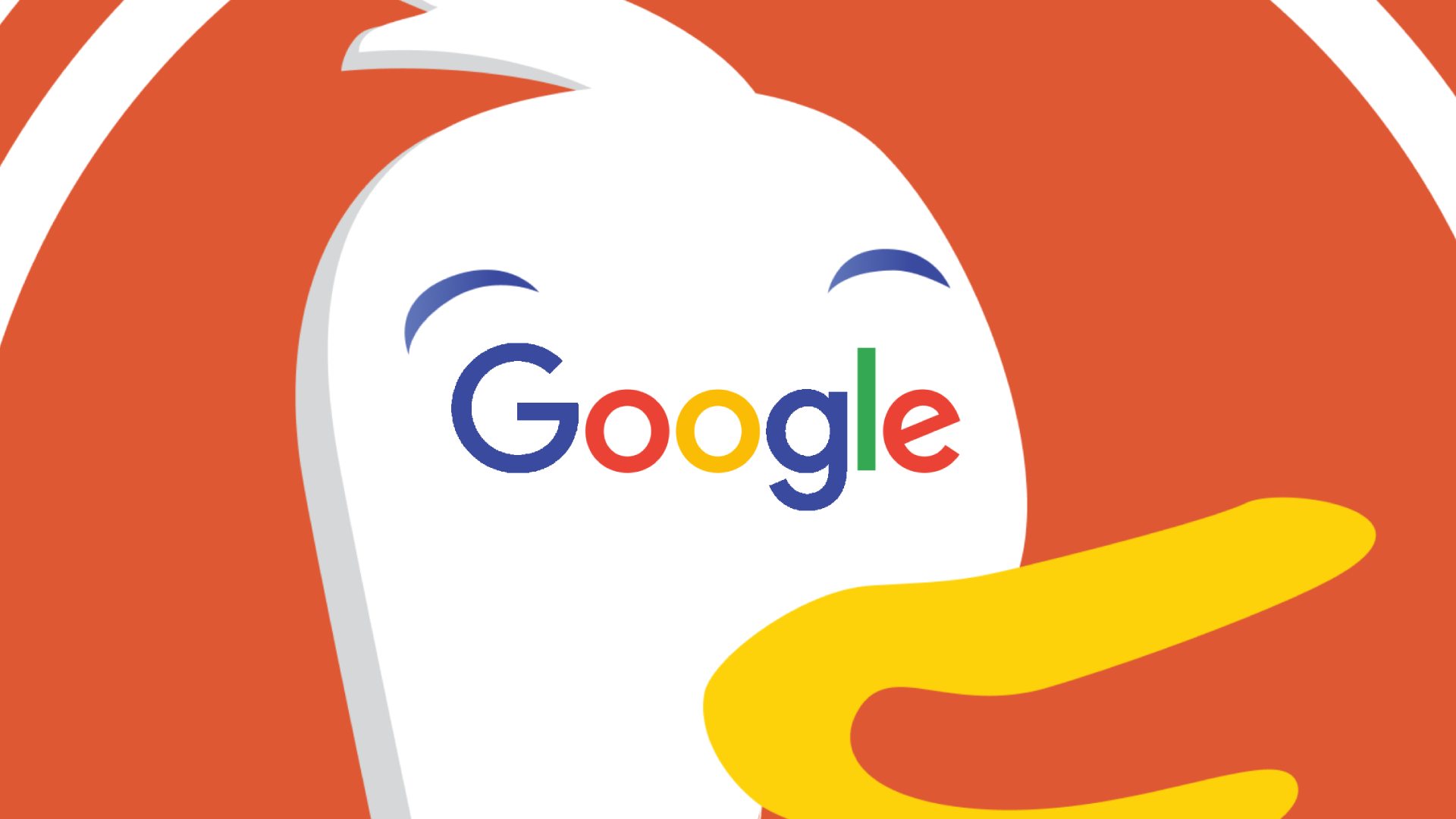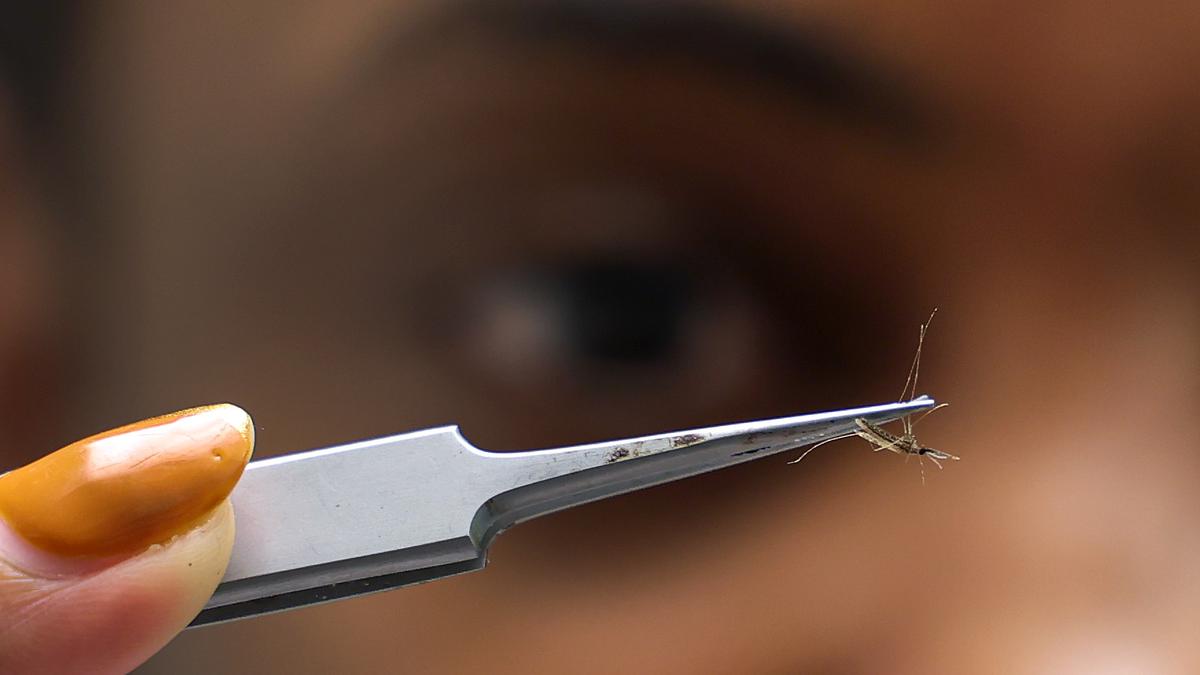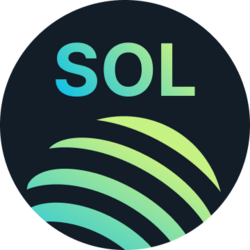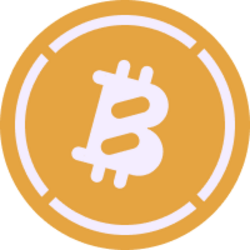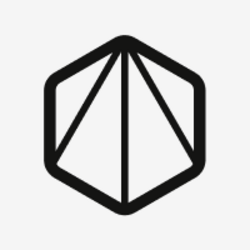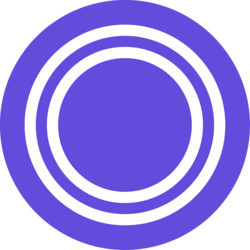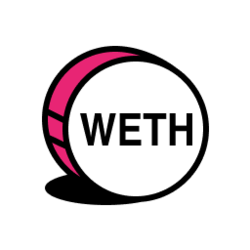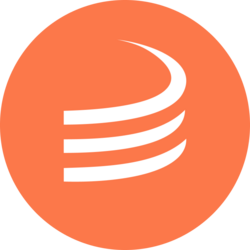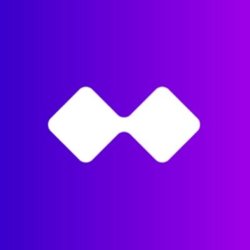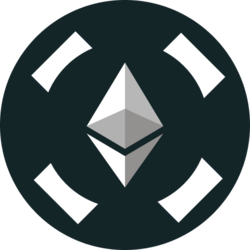I’ve been trying to disentangle my online life from Google for a while. And as someone who wrote about Android professionally for years, it hasn’t been easy. I’ve ditched Chrome, but I still use a Samsung Galaxy phone and Google Pixel Watch, for example. But when I finally got off the big daddy, Google Search, and switched to DuckDuckGo, it had a surprising effect: Google got better.
That’s a broad statement, so let me be more particular right away. Switching to DuckDuckGo made parts of Google better, specifically Google Discover and Google News. And since I cover news for hours every morning as part of my job, that’s kind of a big deal for me.
No need for Incognito Mode
I’ll give you a scenario. I’m having a dinner with a friend, and they tell me that Sabrina Carpenter’s music video in an NYC church was scandalous. This is something I had no idea about, because I don’t follow pop music. But just for the sake of keeping the conversation going, I’d search (or as I would have said at the time, I’d Google) for something like “Sabrina Carpenter NYC church scandal.” If I’m being careful, I’d switch my browser over to Incognito/private mode first…because if I don’t, I’ll be seeing nothing but news about Sabrina Carpenter for the next few days in Google Discover. If I’m being lazy, I just search in the URL bar and deal with my adjusted algorithm.
Ditto for some things I just don’t want Google to know about me. Say I break my toe and I’m looking for a good podiatrist. (I have not broken my toe, but you get the idea.) If I search for “podiatrist near me” on Google, I’ll be seeing ads full of feet for a long time, because medical services are big business in the backwards capitalist wasteland of the United States. Again, I’ll dip into Incognito mode (even though I know Google’s still going to watch me, through fingerprinting if not through blatant history monitoring) for anything vaguely medical or private.
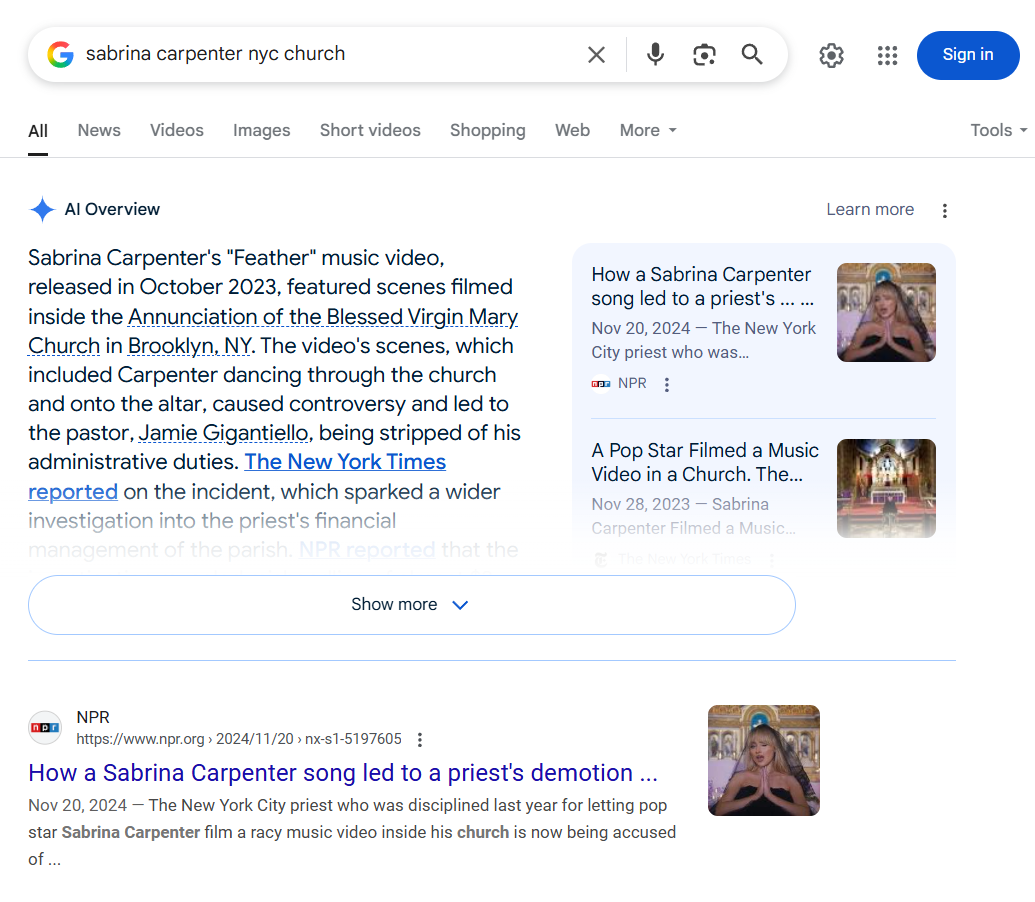
Google’s recent demand to shove generative “AI” into every aspect of customers’ lives, whether they want it or not, has given me some very pointed reasons to look for alternatives. And it’s not as if I was super happy with Google before that — it’s a poster child for the enshittification of everything digital, and the declining quality of search results is probably the most visible part of that. The fact that Google seems to want to destroy my career surely doesn’t help.
DuckDuckGo is the most obvious choice, so it’s the first one I switched to. I changed the default search in my Vivaldi browser, on my desktop, laptop, and phone. And I’d be lying if I said that it was seamless. DDG uses a different crawler and algorithm for search ranking, of course things will be different. And to my disgust, it’s still trying to use “AI.” But it wasn’t so different that I was lost — after all, we’re talking about a list of links, which is what Google looked like years ago, and what I was really looking for now.
So I don’t “Google” (verb) anymore, I search on DuckDuckGo, which doesn’t flow quite as well. And after a little adjustment, I was surprised at how little it took to, well, adjust. DuckDuckGo is committed to the privacy bit, so it doesn’t even ask for you to log in — I don’t have an account and haven’t felt the need for one at all. (You do get some more advanced options if you log in, FYI.) DDG doesn’t track anything, according to its promotional materials, and so far I haven’t been able to find anything that contradicts that claim.
Discovering a better news feed
But all that wasn’t half as surprising as when Google Discover started getting better. Google Discover, the algorithmic feed of news and other topics that’s easily accessible on most Android phones, is a huge driver for traffic all over the web. That includes PCWorld and its sister sites. So even if I wanted to quit it, I’d still need to take a gander at Google Discover and Google News several times every workday. That’s why I have a separate app to make it work with my custom Android launcher, Nova.
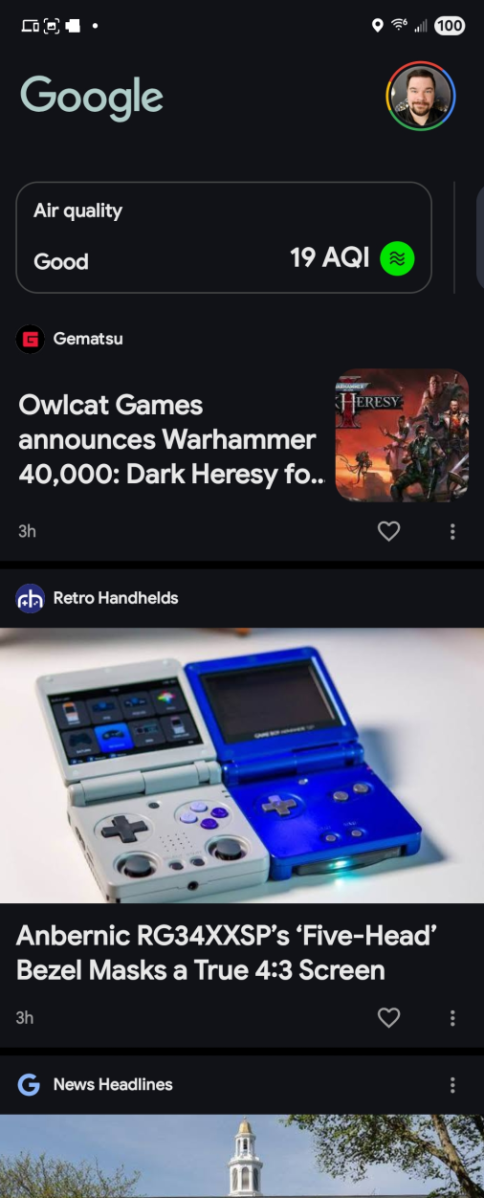
The biggest immediate improvement is that I can search for pop star gossip via DuckDuckGo without suddenly seeing my Discover feed turn into Us Weekly. For that matter, I can search for Us Weekly (because I didn’t know if it was capitalized ‘US Weekly’ or not!) without it affecting Discover or News, either. It’s freeing!
And now, the primary determiner of my Discover feed is…what I tap on in Discover. Imagine that. So Discover has more and more tech news, and a bunch of sci-fi and gaming stuff, the things that I actually like to read about on my phone. It’s reverse enshittification. Amazing. And since I’ve uninstalled Chrome on my phone, I can click on it and read in the Android version of Vivaldi, which is a far superior experience.
Another fun bonus: Google doesn’t know what targeted ads to show me in Discover anymore. So I’m getting some real random stuff, scraping the bottom of the barrel for things like robot puppies with blatantly fake AI video trailers, or discrete nipple covers.
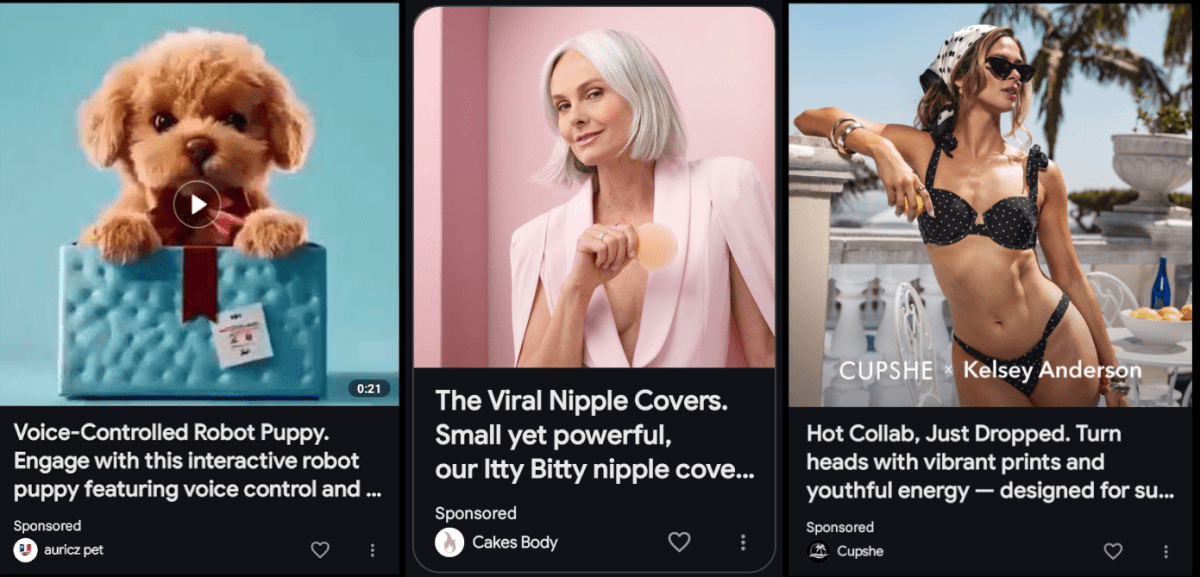
Google is getting very bad at advertising to me, specifically, and I’m enjoying it a lot.
If you’re not aware, I’m a 37-year-old cis man. I’m not necessarily opposed to either robot puppies or covered nipples, but the idea that someone paid Google to try and sell me either is entertaining. I wouldn’t say that poorly-targeted advertising from Google is a plus of using DDG in the conventional sense, but hey, I’m enjoying it.
Less Google is better Google
If you’re wondering, I’ve asked a representative at DuckDuckGo if the company plans to introduce anything equivalent to the Google Discover or News algorithmic feed. They told me no. DuckDuckGo News only works if you search for something specific, and if you enter a blank query, it goes back to the main search page.
DuckDuckGo is far from perfect, too — whenever I search for anything that’s even remotely related to a product I can buy, I get the same “There’s One Clear Winner Now” ad, and dammit, there’s no way there’s “one clear winner” for the best backpack for a million people making that search.
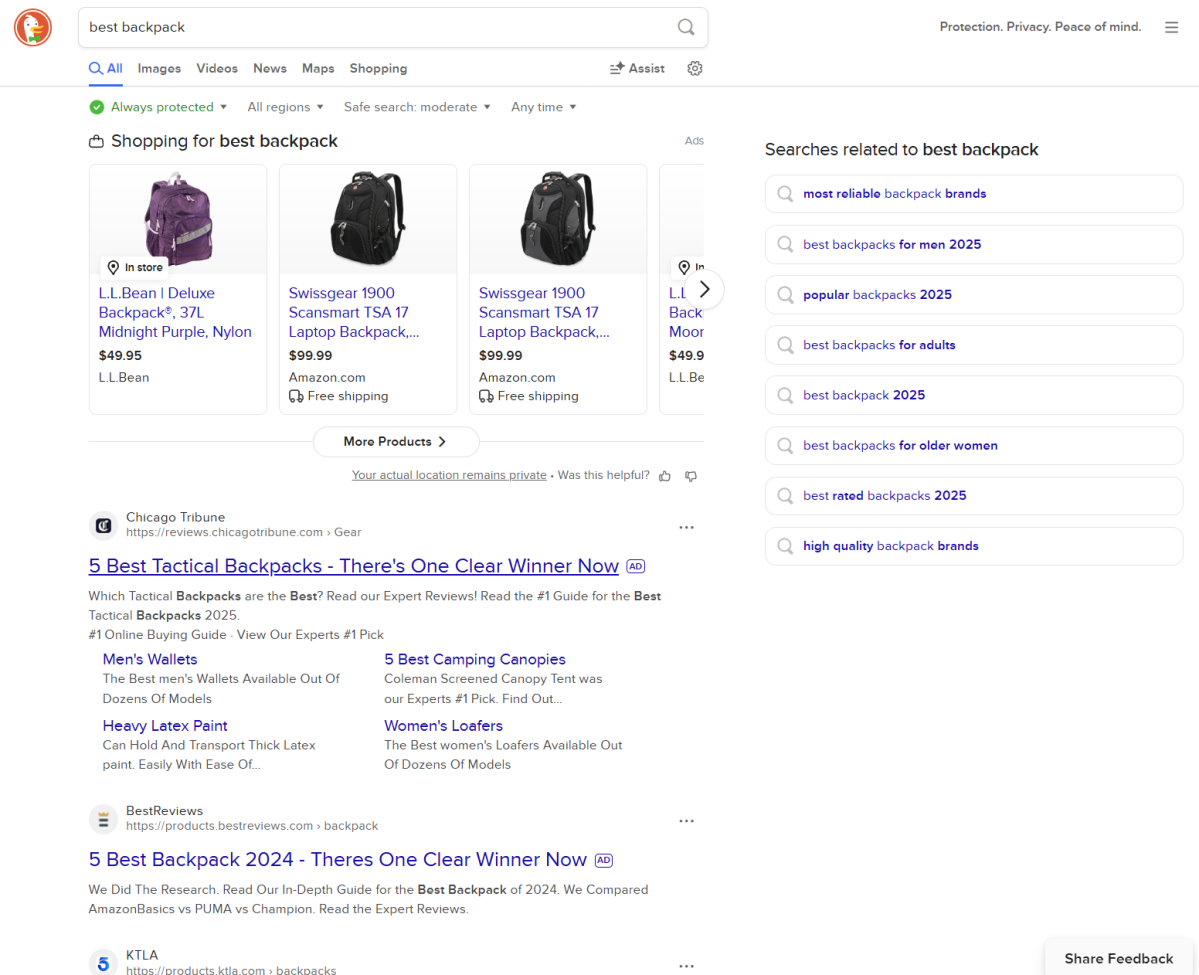
DuckDuckGo’s entire primary search page, for any product-related info, is advertising. And not good advertising.
DuckDuckGo
But there is one clear winner for a basic, no-frills search, that doesn’t want to steal a bunch of data and keep me on the page for every possible second. And it isn’t Google.
Google still knows a hell of a lot about me. I’m still using Gmail, Google Docs, Google Maps, YouTube, even searching with Google Images, because DuckDuckGo just isn’t quite there yet. And I’m still signed into my account at basically all times. Heck, Google still has a lot of my health data, because my Pixel Watch uses FitBit to track exercise and sleep, and that’s also Google. But between ditching Chrome and Search, the fact that other Google services get better when you don’t use them is both interesting and imminently satisfying.
Maybe some high-profile antitrust court losses will make for a slightly better internet, for users if not for megacorps. It makes me wonder how some other changes might improve things — maybe I’ll try for a Google Maps alternative next.
I’ve been trying to disentangle my online life from Google for a while. And as someone who wrote about Android professionally for years, it hasn’t been easy. I’ve ditched Chrome, but I still use a Samsung Galaxy phone and Google Pixel Watch, for example. But when I finally got off the big daddy, Google Search, and switched to DuckDuckGo, it had a surprising effect: Google got better.
That’s a broad statement, so let me be more particular right away. Switching to DuckDuckGo made parts of Google better, specifically Google Discover and Google News. And since I cover news for hours every morning as part of my job, that’s kind of a big deal for me.
No need for Incognito Mode
I’ll give you a scenario. I’m having a dinner with a friend, and they tell me that Sabrina Carpenter’s music video in an NYC church was scandalous. This is something I had no idea about, because I don’t follow pop music. But just for the sake of keeping the conversation going, I’d search (or as I would have said at the time, I’d Google) for something like “Sabrina Carpenter NYC church scandal.” If I’m being careful, I’d switch my browser over to Incognito/private mode first…because if I don’t, I’ll be seeing nothing but news about Sabrina Carpenter for the next few days in Google Discover. If I’m being lazy, I just search in the URL bar and deal with my adjusted algorithm.
Ditto for some things I just don’t want Google to know about me. Say I break my toe and I’m looking for a good podiatrist. (I have not broken my toe, but you get the idea.) If I search for “podiatrist near me” on Google, I’ll be seeing ads full of feet for a long time, because medical services are big business in the backwards capitalist wasteland of the United States. Again, I’ll dip into Incognito mode (even though I know Google’s still going to watch me, through fingerprinting if not through blatant history monitoring) for anything vaguely medical or private.
Google’s recent demand to shove generative “AI” into every aspect of customers’ lives, whether they want it or not, has given me some very pointed reasons to look for alternatives. And it’s not as if I was super happy with Google before that — it’s a poster child for the enshittification of everything digital, and the declining quality of search results is probably the most visible part of that. The fact that Google seems to want to destroy my career surely doesn’t help.
DuckDuckGo is the most obvious choice, so it’s the first one I switched to. I changed the default search in my Vivaldi browser, on my desktop, laptop, and phone. And I’d be lying if I said that it was seamless. DDG uses a different crawler and algorithm for search ranking, of course things will be different. And to my disgust, it’s still trying to use “AI.” But it wasn’t so different that I was lost — after all, we’re talking about a list of links, which is what Google looked like years ago, and what I was really looking for now.
So I don’t “Google” (verb) anymore, I search on DuckDuckGo, which doesn’t flow quite as well. And after a little adjustment, I was surprised at how little it took to, well, adjust. DuckDuckGo is committed to the privacy bit, so it doesn’t even ask for you to log in — I don’t have an account and haven’t felt the need for one at all. (You do get some more advanced options if you log in, FYI.) DDG doesn’t track anything, according to its promotional materials, and so far I haven’t been able to find anything that contradicts that claim.
Discovering a better news feed
But all that wasn’t half as surprising as when Google Discover started getting better. Google Discover, the algorithmic feed of news and other topics that’s easily accessible on most Android phones, is a huge driver for traffic all over the web. That includes PCWorld and its sister sites. So even if I wanted to quit it, I’d still need to take a gander at Google Discover and Google News several times every workday. That’s why I have a separate app to make it work with my custom Android launcher, Nova.
The biggest immediate improvement is that I can search for pop star gossip via DuckDuckGo without suddenly seeing my Discover feed turn into Us Weekly. For that matter, I can search for Us Weekly (because I didn’t know if it was capitalized ‘US Weekly’ or not!) without it affecting Discover or News, either. It’s freeing!
And now, the primary determiner of my Discover feed is…what I tap on in Discover. Imagine that. So Discover has more and more tech news, and a bunch of sci-fi and gaming stuff, the things that I actually like to read about on my phone. It’s reverse enshittification. Amazing. And since I’ve uninstalled Chrome on my phone, I can click on it and read in the Android version of Vivaldi, which is a far superior experience.
Another fun bonus: Google doesn’t know what targeted ads to show me in Discover anymore. So I’m getting some real random stuff, scraping the bottom of the barrel for things like robot puppies with blatantly fake AI video trailers, or discrete nipple covers.
Google is getting very bad at advertising to me, specifically, and I’m enjoying it a lot.Google
If you’re not aware, I’m a 37-year-old cis man. I’m not necessarily opposed to either robot puppies or covered nipples, but the idea that someone paid Google to try and sell me either is entertaining. I wouldn’t say that poorly-targeted advertising from Google is a plus of using DDG in the conventional sense, but hey, I’m enjoying it.
Less Google is better Google
If you’re wondering, I’ve asked a representative at DuckDuckGo if the company plans to introduce anything equivalent to the Google Discover or News algorithmic feed. They told me no. DuckDuckGo News only works if you search for something specific, and if you enter a blank query, it goes back to the main search page.
DuckDuckGo is far from perfect, too — whenever I search for anything that’s even remotely related to a product I can buy, I get the same “There’s One Clear Winner Now” ad, and dammit, there’s no way there’s “one clear winner” for the best backpack for a million people making that search.
DuckDuckGo’s entire primary search page, for any product-related info, is advertising. And not good advertising. DuckDuckGo
But there is one clear winner for a basic, no-frills search, that doesn’t want to steal a bunch of data and keep me on the page for every possible second. And it isn’t Google.
Google still knows a hell of a lot about me. I’m still using Gmail, Google Docs, Google Maps, YouTube, even searching with Google Images, because DuckDuckGo just isn’t quite there yet. And I’m still signed into my account at basically all times. Heck, Google still has a lot of my health data, because my Pixel Watch uses FitBit to track exercise and sleep, and that’s also Google. But between ditching Chrome and Search, the fact that other Google services get better when you don’t use them is both interesting and imminently satisfying.
Maybe some high-profile antitrust court losses will make for a slightly better internet, for users if not for megacorps. It makes me wonder how some other changes might improve things — maybe I’ll try for a Google Maps alternative next. Personal Software PCWorld

